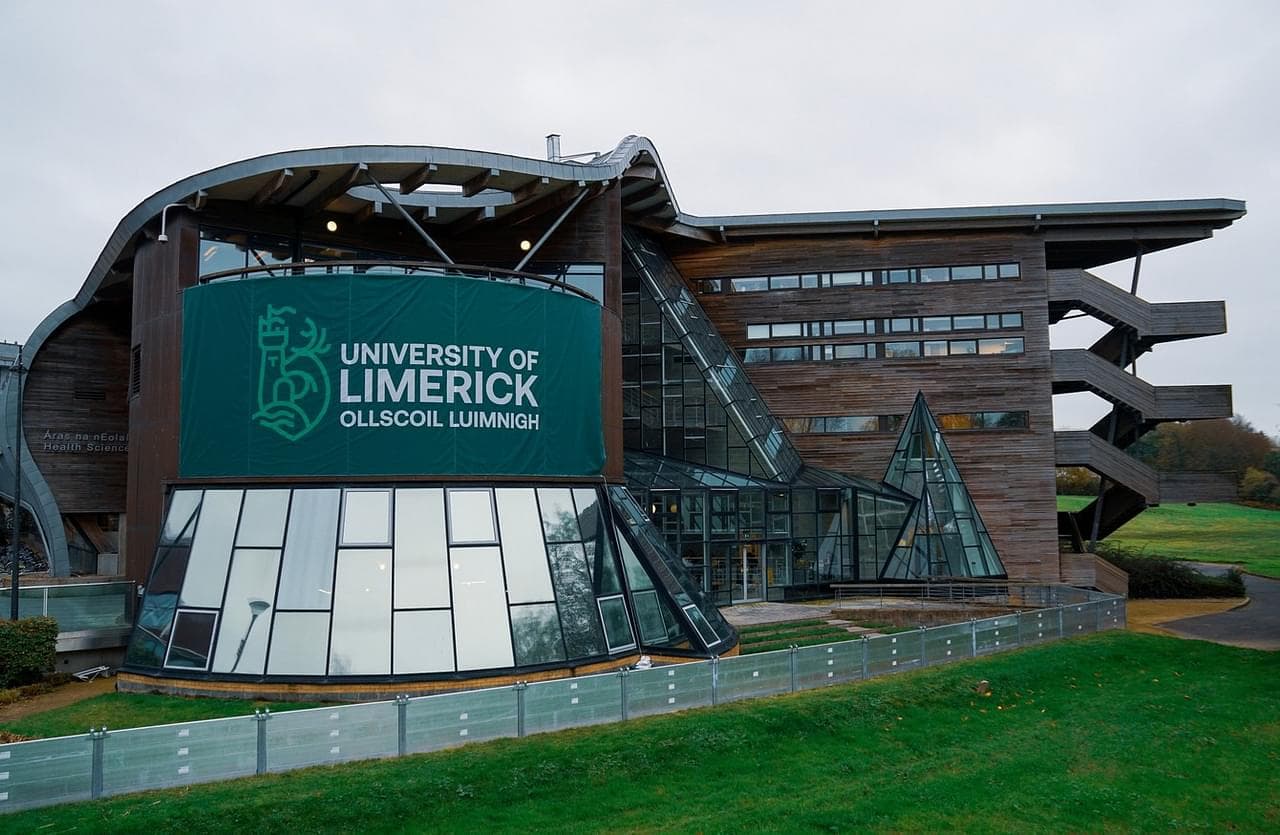What you will study
The curriculum is taught in a traditional academic year. Years 1 & 2 are taught on campus and consist of 33 teaching weeks per year starting in August.
Years 3 & 4 commence in July and consist of clinical training, where you will rotate through the major clinical disciplines in affiliated hospitals and General Practices.
The curriculum has three main modules or domains:
- Knowledge of Health & Illness
- Clinical and Anatomical Skills
- Professional Competencies
These domains or themes run concurrently and underpin all learning across the four years. They are designed to ensure that all aspects of the skills required to become a doctor are addressed, from the sciences underpinning a rational approach to diagnosis and management to an awareness of the importance of personal development.
Years 1&2
The first two years of the course are structured around Problem-Based Learning (PBL). This is backed up by a small number of lectures. There will also be structured clinical skills teaching and anatomical skills teaching. Teaching in the Professional Competencies takes the form of lectures, tutorials, workshops and seminars on topics such as psychology, public health, health law & ethics and medical sociology. All sessions are focused towards the topic of the week and exploring it from different perspectives including the scientific, sociological, public health, legal and patient experience. This means that everything you learn is done in the context in which you will use it when you practise as a doctor.
In each of the first two years, the curriculum is further divided into six learning units, covering different topic areas. Areas covered by each unit include:
- Life Structure: Musculoskeletal system, Rheumatology, Orthopaedics, Trauma, Plastic Surgery, Skin & Dermatology
- Life Cycle: Reproduction & Development, Child Health (Paediatrics), Obstetrics & Gynaecology, Sexual Health, Ageing, Death
- Life Maintenance: Alimentary System, Gastroenterology, Endocrinology, Renal Medicine, Urology, Nutrition
- Life Protection: Immunology, Infection, Haematology, Oncology, Preventative Medicine, Genito- Urinary Medicine
- Life Support: Cardiology/ Cardiovascular Surgery, Respiratory Medicine, ENT
- Life Control: Nervous system, Neurology/ Neurosurgery, Vision & Ophthalmology, Psychiatry, Psychology
Years 3&4
In Year 3, all students will be located in the General Practice/Primary Care setting in one of six Primary Care teaching Networks (PCTNs) for 18 weeks. For the remainder of Year 3, students will undergo hospital-based clinical training in Medicine and Surgery. Three weeks in Year 3 is devoted to the SSM.
In Year 4, students will spend 6 weeks of Clinical Training in each of Obsetrics/Gynaecology, Paediatrics and Psychiatry. They will also undertake another 6 weeks in Medicine & Related Specialties and a further 6 weeks in Surgery & Related Specialties. This will involve rotations through a number of affiliated hospitals. 6 weeks in Year 4 is devoted to the SSM. Students that are placed in the University Hospital Limerick (UHL) group for their Year 3 Medicine and Surgery rotations must complete theor senior cycle of Medicine and Surgery rotations in an affiliated hospital in Year 4 or vice versa.


